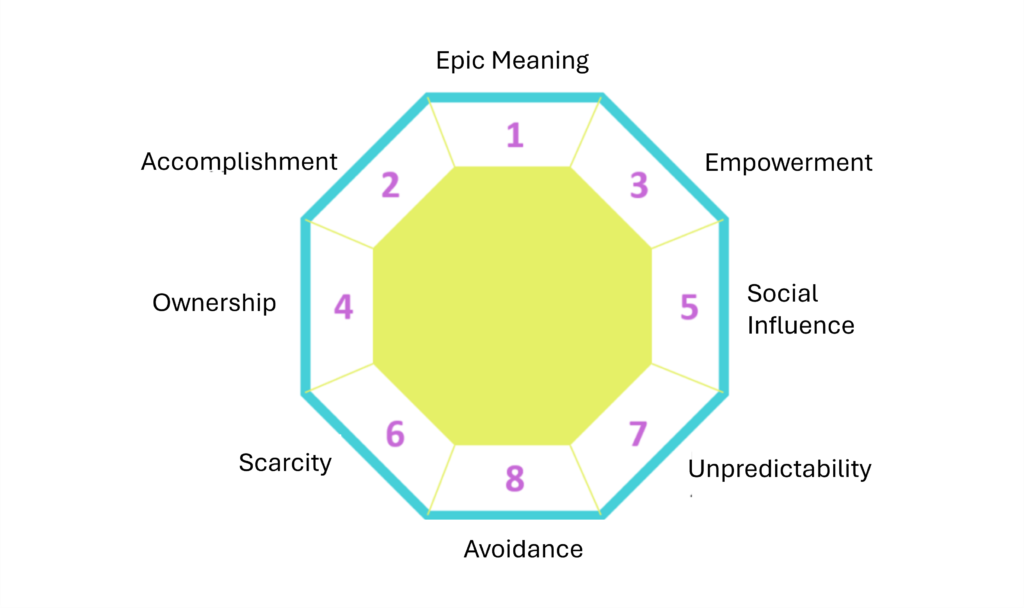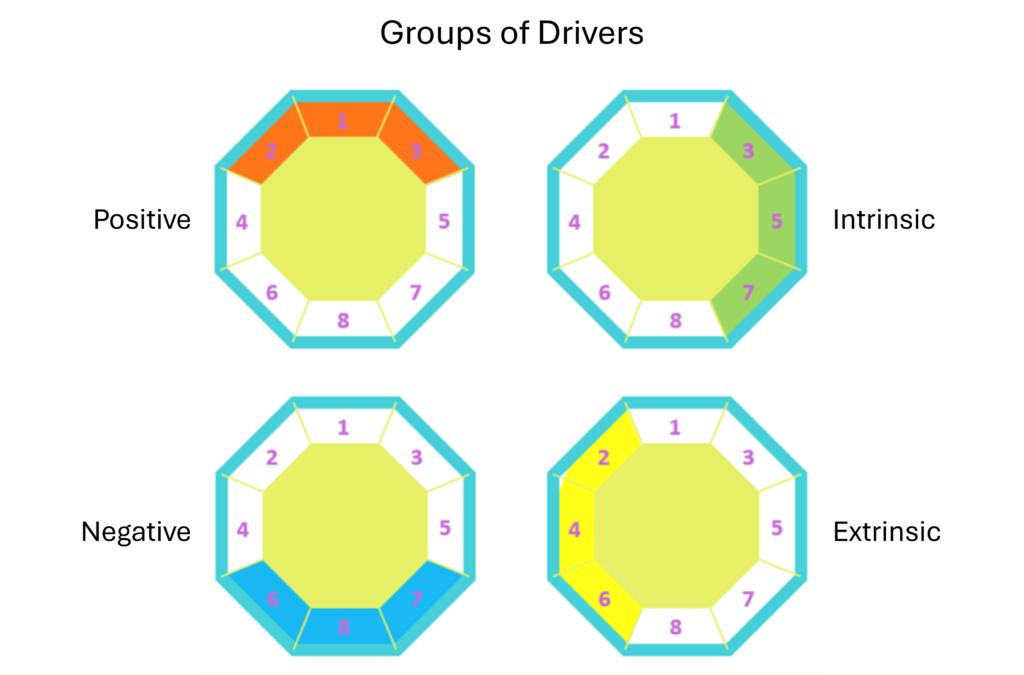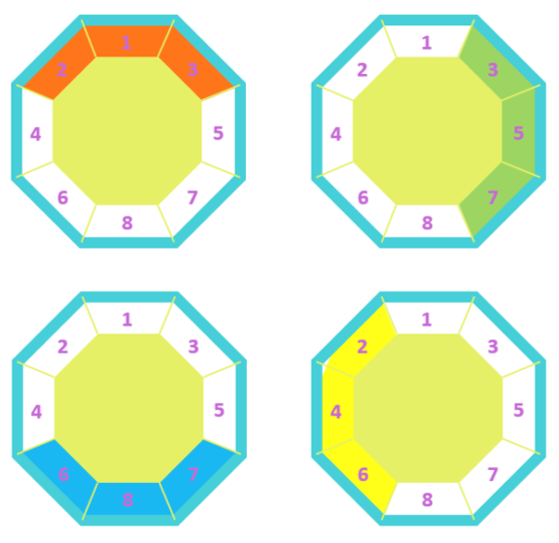Confucius once said, “Choose a job you love, and you will never have to work a day in your life.” But what if your job is far from a fulfilling, passion-driven endeavor? A modern reinterpretation of this wisdom could be: “Turn your work into a game, and you won’t feel like you’re working at all.”
In 2017, I joined Magnit, Russia’s largest private company and one of its most successful retailers, to develop a comprehensive customer experience (CX) program. With over 10 projects in the initiative, one of our key challenges was to design a motivational system that would encourage store teams to drive sales, particularly in drugstore outlets.
Our solution was a digital app. This app allowed users to track the progress of a store’s KPIs over daily, weekly, monthly, and quarterly periods. For the same intervals, management could set sales targets—these targets could be defined for the entire product range, a specific product category, or even an individual product or brand, thereby encouraging suppliers to participate in the program. Data on target achievement was updated every 24 hours, and points were awarded for reaching results. Store teams could see their store’s ranking locally, regionally, and across the entire network, fostering healthy competition among outlets. Every quarter, the accumulated points could be exchanged for a wide variety of prizes—from additional store improvements that boosted sales and reduced losses to tangible and intangible rewards for staff, such as household appliances, photoshoots, or travel experiences. Additionally, winners received branded merchandise, which some stores had previously produced at their own expense before a centralized program existed.
We based the design of this app on user research data about store operations, employee needs, and the pain points of suppliers and manufacturers. By gently stimulating the sales of product categories important to suppliers, the entire prize pool was funded by them, making the app free for the network.
To build a truly effective engagement system, we incorporated Yu-kai Chou’s Octalysis Framework, which identifies eight core drives of human motivation in gamified environments:

- Epic Meaning & Calling – The sense of being part of something greater.
- Development & Accomplishment – The drive for progress and achievement.
- Empowerment of Creativity & Feedback – Encouraging innovation and response loops.
- Ownership & Possession – The feeling of owning something valuable.
- Social Influence & Relatedness – Community-driven engagement.
- Scarcity & Impatience – The desire for exclusive or limited resources.
- Unpredictability & Curiosity – The excitement of the unknown.
- Loss & Avoidance – Fear of missing out or losing benefits.
Octalysis balances negative stimuli with positive drivers, intrinsic motivators (e.g., Epic Meaning and Empowerment) with extrinsic drivers (e.g., Scarcity and Loss Avoidance), creating a behavioral model that sustains long-term engagement.

When properly implemented, this framework significantly enhances user motivation and customer retention.
Gamification Beyond Games: Driving CX & Service Design
Effective gamification models balance motivational drivers to optimize customer journeys, increase engagement, and enhance retention. While intrinsic motivation fosters long-term involvement, it must be complemented by sharper, short-term extrinsic stimuli to sustain interest in products and services.
Octalysis isn’t just a tool for analyzing and designing games—it’s widely used in digital customer experience strategy, service design, and engagement-driven business models. Companies successfully apply these principles in:
- Employee and customer onboarding
- Learning and development (corporate training and EdTech)
- Enhancing customer service interactions
- Developing digital products and platforms
- Building customer loyalty and retention strategies
By embedding motivation drivers into CX design, marketing campaigns, and digital service frameworks, businesses can craft more engaging, emotionally resonant customer experiences. Gamification is not just about play—it’s about designing experiences that people truly want to return to, time and again.
In our case, our gamified KPI app turned work into a game: store teams could track their progress in real time in an interactive environment, and the business gained a powerful tool to stimulate sales.

